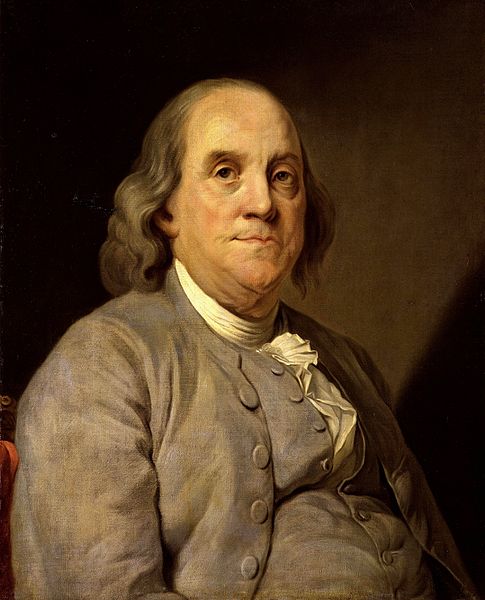Note: Sometimes fake news stories are built around legitimate stories with fake elements thrown in here and there. The fake elements in the post below are for comedic effect and they're fairly obvious. The folks who really know how to write fake news sometimes use similar techniques. However, they are much more subtle about it.
Fake news has been around in the United States since the signing of the Declaration of Independence in 1776. Actually, fake news was being produced before that. Long before he became a statesman, Ben Franklin worked as an apprentice in a print shop owned by his older brother James, or Jimbo, as Ben preferred to call him when he was out of earshot. True story!
Fake news has been around in the United States since the signing of the Declaration of Independence in 1776. Actually, fake news was being produced before that. Long before he became a statesman, Ben Franklin worked as an apprentice in a print shop owned by his older brother James, or Jimbo, as Ben preferred to call him when he was out of earshot. True story!
The shop printed programs for the Boston Red
Sox, menus for Legal Seafood, and also published the New England Courant
newspaper. Unbeknownst to his older, and apparently less clever, brother, Ben Franklin
wrote for the New England Courant using the pen name Silence Dogood. Like the Huffington
Post, the Courant was very receptive to free content, whether it came by email
or in an envelope slid under the office door. Mrs. Dogood was popular with the
readers and it took James Franklin years to figure out her true identity.
Ben Franklin went on to become the publisher and editor of the Pennsylvania Gazette in 1729. Franklin was a pragmatist and was not above things like printing an ad for soap as if it was news. Very exciting news! It was good for the advertisers, and The Gazette became one of the best newspapers in the colonies.
Ben Franklin went on to become the publisher and editor of the Pennsylvania Gazette in 1729. Franklin was a pragmatist and was not above things like printing an ad for soap as if it was news. Very exciting news! It was good for the advertisers, and The Gazette became one of the best newspapers in the colonies.
Franklin won an unprecedented fifteen Pulitzers,
including four Best Hoax awards, while working for The Pennsylvania Gazette. Eric
Burns, the author of Infamous Scribblers, wrote the following about Benjamin
Franklin as a journalist.
“On Balance, Benjamin Franklin was as ethical a
journalist as America produced in the eighteenth century. Yes, he deceived on
occasion, but only because he thought it a better wat to tell a story and only
because he believed his readers sophisticated enough to understand the ruse and
understand that it served a deeper purpose.”
Franklin won a Lifetime Achievement in
Journalism Nobel Prize one year before he passed away. That was long overdue!
For more about Ben Franklin and Fake News check out these articles.
For more about Ben Franklin and Fake News check out these articles.
Finally,
if you’ve enjoyed my writing, check out Fake
News 101: How to Recognize Fake News and Avoid Being Fooled By It.










No comments:
Post a Comment